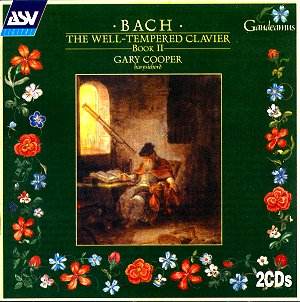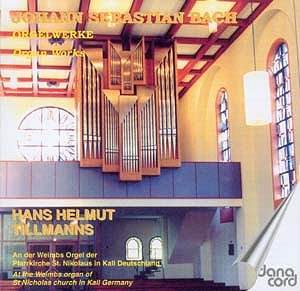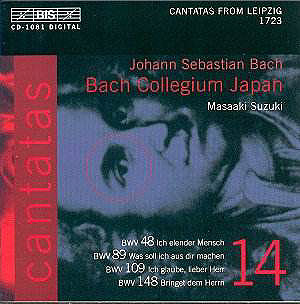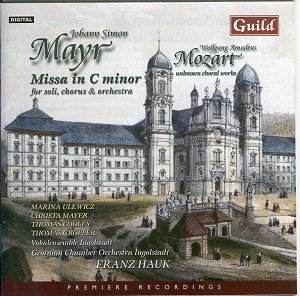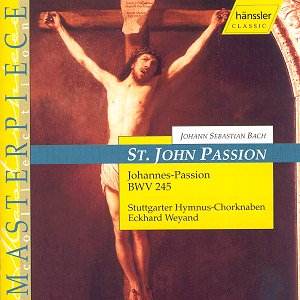 Composer: Johann Sebastian Bach
Composer: Johann Sebastian Bach
Works: St. John Passion
Performers: Christine Schäfer, Soprano (Anxilla & Arias); Yvi Jänicke, Alto; Adalbert Kraus, Tenor (Evangelist & Arias); Reinhard Hagen, Bass (Christ & Aria 24); Berthold Possemeyer, Bass; Timo Schöning, Tenor (Servus); Gerold Spingler, Baritone (Peter); Stuttgarter Hymnus-Chorknaben, Eckhard Weyand
Recording: April – May 1990, Lukaskirche, Stuttgart, Germany
Label: HAENSSLER CD 94.009
Bach’s St. John Passion stands as a monumental testament to the composer’s mastery of vocal and orchestral interplay, offering profound insights into the themes of suffering, redemption, and faith. Composed in 1724 for Good Friday vespers, this work employs a rich tapestry of choral and soloist contributions to narrate the Passion story with dramatic intensity. In this recording, we encounter a performance that, while not without its blemishes, captures much of the essence of Bach’s intricate musical architecture.
From the outset, the Stuttgarter Hymnus-Chorknaben delivers a buoyant and spirited opening chorus, setting a tone of fervor that resonates throughout the performance. The choir’s timbre skews towards the treble, resulting in a lighter sound that, while perhaps less weighty than some interpretations, provides a refreshing airiness. This interpretation diverges from the historically informed trend, opting for a more lush orchestral sound. The strings possess a warmth that adds depth, particularly in the aria “Ach, mein Sinn, wo willit du endlich hin,” where the orchestral backdrop swells magnificently, enhancing the tenor’s emotive delivery.
Adalbert Kraus shines as the Evangelist, navigating the wide emotional spectrum with aplomb. His articulate diction and dynamic shading convey the narrative’s gravitas, transitioning seamlessly from moments of pathos to those of stark force. In his arias, he demonstrates commendable range and tonal richness, particularly evident in the aria “Zerfleiße mein Herze,” where the subtle interplay of continuo strings and flute creates a delicate yet poignant atmosphere that complements Christine Schäfer’s performance. Schäfer, an accomplished interpreter of Bach’s sacred works, infuses her lines with palpable emotion, though her execution in “Ich folge dir gleichfalls” exhibits a hint of fragility that diminishes the impact of this pivotal aria.
The instrumental ensemble, while occasionally overshadowing the soloists, maintains a commendable balance throughout the work. The recording quality is robust, capturing the nuanced interplay between voices and instruments with clarity. However, the engineering does lean towards a somewhat more resonant sound that can occasionally obscure finer details in quieter passages. Yet, the overall soundscape is engaging, effectively conveying the dramatic ebb and flow inherent in Bach’s score.
While this recording offers a solid interpretation of the St. John Passion, it inevitably invites comparison with standout versions from the likes of Masaaki Suzuki and Philippe Herreweghe, whose performances are often heralded for their emotional depth and critical precision. Those seeking a more fervent and deeply affecting interpretation may find this recording lacking in some emotional weight. Nonetheless, the performance is not devoid of merit; it stands as a commendable entry for those exploring Bach’s sacred oeuvre, especially given its budget price.
A nuanced recording that captures the spirit of Bach’s work while revealing both strengths and limitations, this performance is a worthy addition to any collection. It offers listeners a competent traversal of one of Bach’s finest vocal compositions, even if it doesn’t fully resonate with the emotional gravitas that characterizes the most celebrated interpretations.
